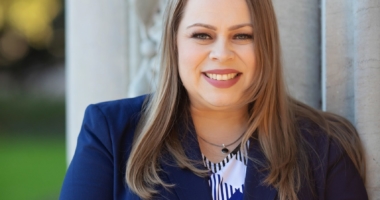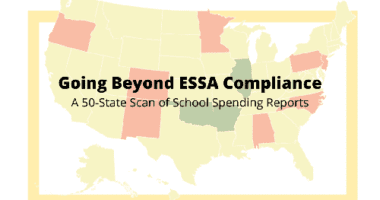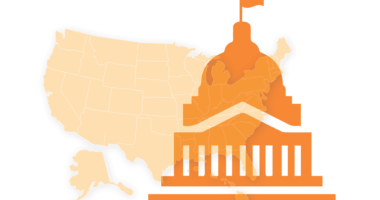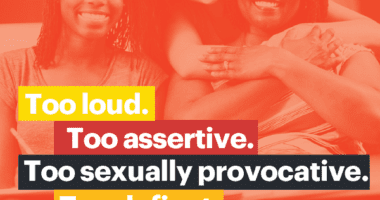Although ESSA Provides More Flexibility, Feds Must Remain Steadfast on Equity
Much of the public rhetoric about the Every Student Succeeds Act (ESSA) — including that of some of the witnesses in yesterday’s Senate hearing — has trumpeted the idea that the new law represents a full repudiation of the “harmful” federal role in education. But as Kati Haycock reminded lawmakers yesterday, the federal government continues to have an important role to play in advancing the interests of low-income students, students of color, English learners, and students with disabilities.
There are examples of districts and states doing right by their most vulnerable children, but, on the whole, the track record of “local control” is not a good one.
For example, under No Child Left Behind, states had to set goals for the percentage of English learners making progress toward English proficiency. Nine states set that goal at fewer than half of students making any progress at all. And then under NCLB waivers, many states walked away from making the performance of individual groups of students matter, lumping students from every group into one high-need group.
To be sure, taking advantage of the equity levers in ESSA means new policies need to be “responsive to unique state and local contexts and to build on the insights of local stakeholders — especially the low-income communities and communities of color with the most at stake,” Kati shared in her testimony yesterday.
“If these policies are to help generate real improvements, they must build on insights from successful educators, too. … We all know that compliance with expectations is one thing, but broad ownership of those expectations is quite another. This difference was painfully clear during the NCLB era. …
“But let me be clear: Recognizing and honoring the need for state and local decision-making does not — as some have suggested — mean that from now on, the U.S. Department of Education should do nothing more than cut checks. Under ESSA, the department has an important role to play through enforcement, regulation, and guidance, especially when it comes to ensuring that states and localities are taking seriously their responsibility to all children. …
“ESSA presents an opportunity to develop policies and practices in a truly inclusive way — in a way that responds to the different needs of states and localities, but that never loses sight of the ultimate goal: equal opportunity for all children. As the hard work of implementation begins, we urge states and districts to be thoughtful about their new systems. We urge policymakers to involve communities — from civil rights and business to parents and educators — in a meaningful way, from start to finish.”
We urge the U.S. Department of Education to fulfill its oversight responsibility and maintain a watchful eye to prevent states from backsliding on their promise to all children. And we urge advocates to keep the pressure on all decision-makers to focus on equity for all groups of students.










